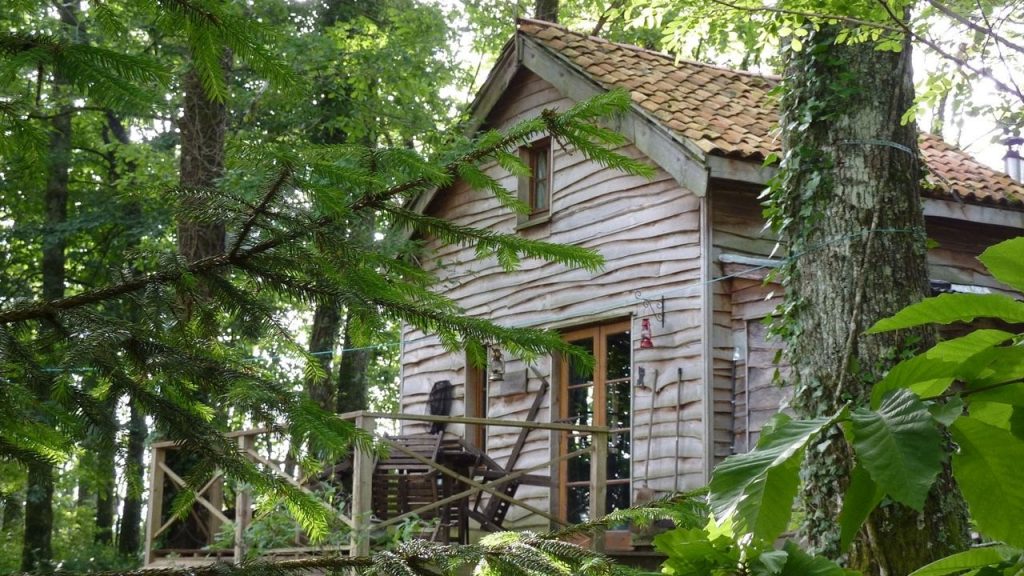
I recently read a story about an upper-middle class family who decided to go off-the-grid and chronicle their experience. While they really did learn how to adapt, cope with less and become self-sufficient, they also did it as part of a “challenge” that had a specific beginning and end date. Consequently, this wasn’t really an exercise in SHTF preparedness despite the fact that it was being promoted as such, and it’s important to avoid following their lead if you’re serious about prepping. Let’s separate fact from fiction in terms of what makes a family successful when preparing SHTF for real.
Money
Both parents had good jobs with excellent salaries, and they were able to set a lot of money aside for their experiment. Consequently, they didn’t really need to abandon many of the creature comforts of home in order to fend for themselves. They invested in solar power, created a closed-loop water system and built a homestead from scratch. While they did learn skills, they didn’t have to make due with scarce resources, and they always had a pile of cash to fall back on if things didn’t work out. Not all of us are so lucky, and in a real world crisis, that survival nest egg they’ve established may end up being worthless as well.
Food
The family relied on their stockpile, garden and raising chickens to get them through their test, and everything they ate came from what was available. However, there are not a lot of indications that family members learned to hunt, fish or forage, which is something that any one of us may need to do following a SHTF situation. Consequently, they sold themselves short by not picking up these essential survival skills.
What would have happened in a real-world situation if their stockpile became compromised or tainted? What if their chickens died or their crops failed? What if they needed to bug out with little more than what was on their backs and had to leave their supplies behind? While they were able to be self-sufficient under very choreographed and controlled conditions, real-world situations are far-less predictable, and it’s clear that they missed the mark regarding food security.
Health
While the family incorporated some natural remedies into their survival medicine cabinet and learned basic first aid skills, they weren’t more than a few minutes away from a hospital if a medical emergency were to arise. This is definitely something that most people will struggle with following a major disaster or SHTF situation, and this is one major wildcard that was left out of their experiment.
While the family undoubtedly learned how to live differently as they became more self-sufficient, and some of these skills may pay big dividends during a real crisis, they also took a very narrow view of prepping. This not only places them at a disadvantage, but it can also mislead others into thinking that a superficial test-run can make them preppers as well. There’s a big difference between willingly living off-the-grid while modern society is humming along and being forced to do so in the aftermath of a catastrophe.
If you’re serious about prepping, make sure that you expect and plan for the worst so that you will be in a position to shine if and when that time comes. While there’s nothing wrong with dabbling in self-sufficiency, it’s important to keep things in perspective and remember that things will most-likely be a lot worse and a lot more unpredictable than what we can experience in a controlled experiment.
